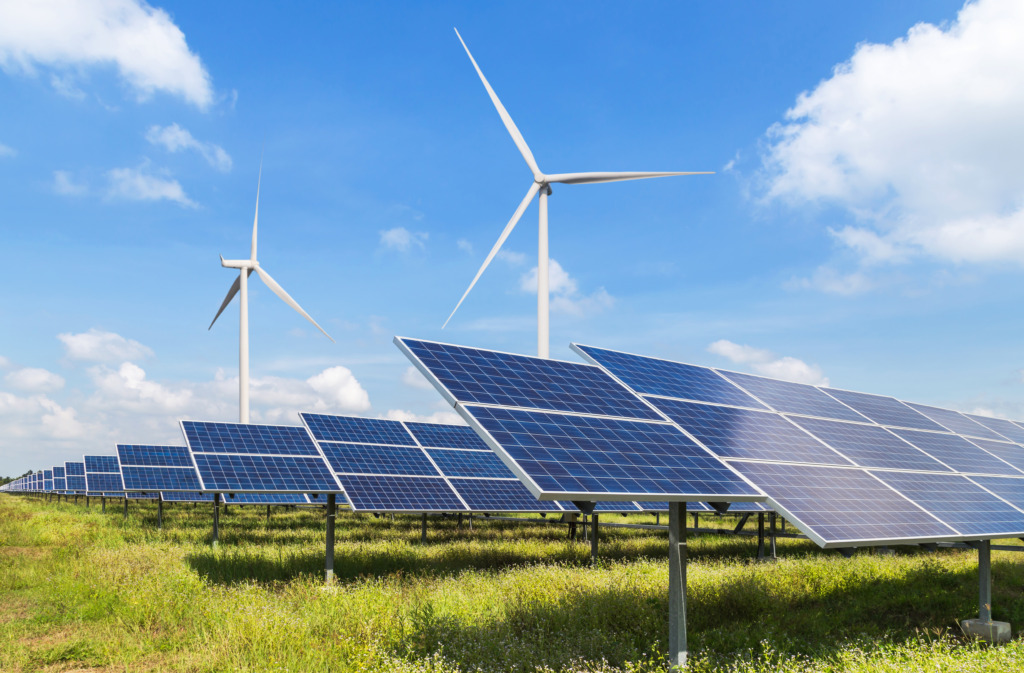The International Renewable Energy Agency (IRENA) said on Tuesday that global renewable energy capacity grew by 9.6% last year but needs to grow by three times the current rate to limit global warming.
Global renewable energy capacity amounted to 3,372 gigawatts (GW) at the end of last year, some 295 GW or 9.6% higher than the previous year while some 83% of all new power capacity last year was from renewables, acccording to IRENA’s annual report on renewable energy statistics.
“This continued record growth shows the resilience of renewable energy amidst the lingering energy crisis,” IRENA’s Director General Francesco La Camera said.
Read also: Colombia raises reforestation target to more than 1.8 mln acres
“But annual additions of renewable power capacity must grow three times the current level by 2030 if we want to stay on a pathway limiting global warming to 1.5C,” he added.
The renewable capacity expansion was dominated by solar and wind energy, which jointly accounted for 90% of all net renewable additions in 2022, the report said.
Almost half of the new capacity was added in Asia with China being the largest contributor, as it added 141 GW to Asia’s new capacity.
Renewables in Europe and North America grew by 57.3 GW and 29.1 GW respectively, while the Middle East recorded its highest increase in renewables on record, with 3.2 GW of new capacity commissioned in 2022, an increase of 12.8% from the previous year.
On Monday, a report by the U.N.’s Intergovernmental Panel on Climate Change said emissions must be halved by the mid-2030s if the world is to have any chance of limiting temperature rise to 1.5 degrees Celsius (2.7 Fahrenheit) above pre-industrial levels – a key target enshrined in the global climate pact the Paris Agreement.
Story was adapted from Reuters.
